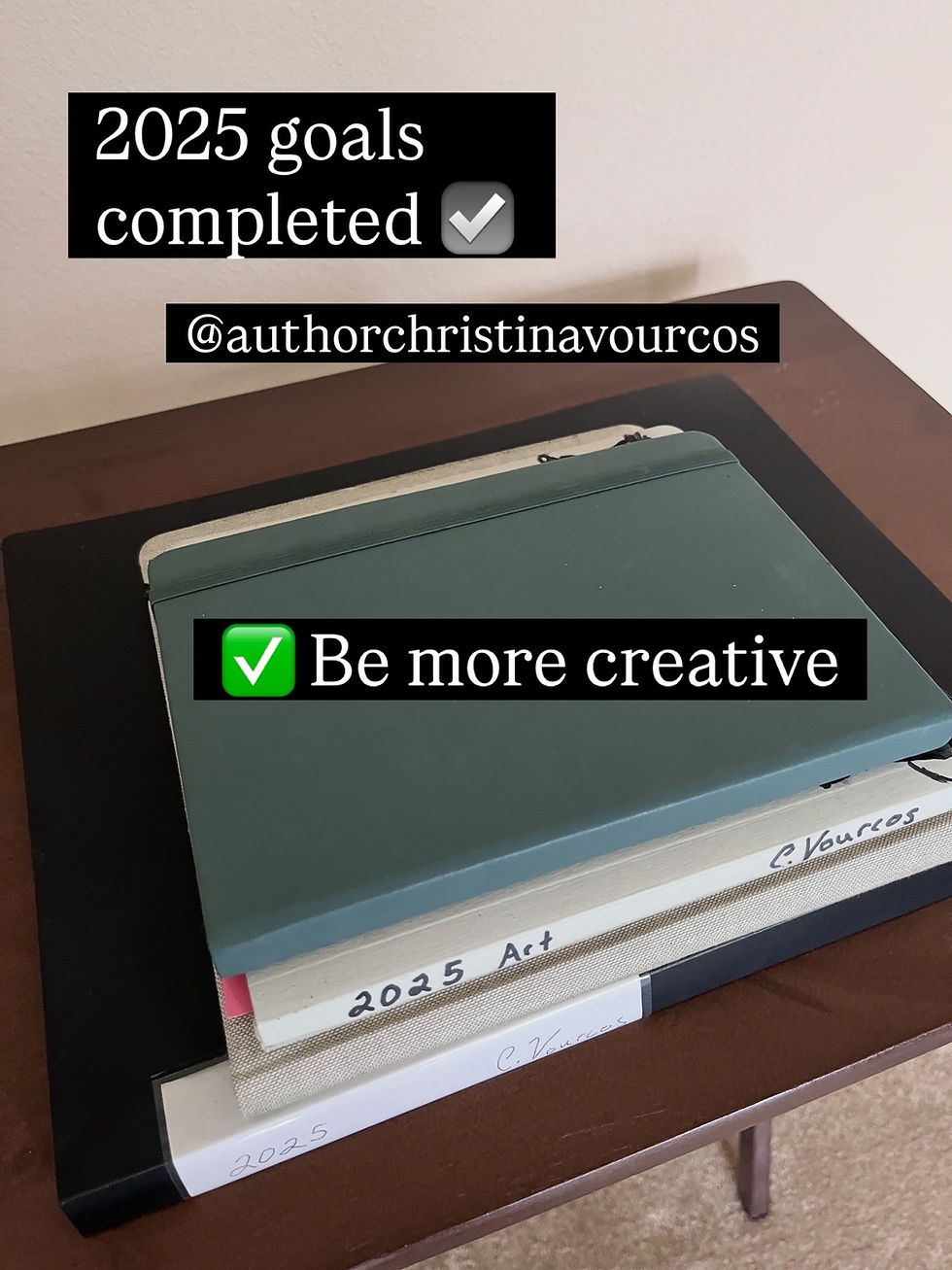Contemporary Dystopian
- Christina Vourcos
- Aug 19, 2016
- 4 min read

Dystopian – an imagined place where everything seems extremely unpleasant, or environmentally degraded. (photo by io9.com)
I’ve read some, but not all dystopian novels. I’ve read Utopia by Thomas Moore. You have to have a bit of an idea of what an Utopian society is to really know what Dystopian is. With Utopia, it explores a fictional island society and looks at its religious, social and political customs. This gives a chance to explore a society that seems perfect, but it’s there to truly critique our own society, where ever it may be in time and space. Dystopian is the opposite, but not completely. We see a society of full of the extremes, but gives enough space to critique our own society as well. It isn’t all that simple. Why are we gravitated to this kind of literature in the first place? Since I’m more familiar with contemporary dystopian, I’ll answer the question with it. The horrible moment of 9/11, I believe, greatly influenced dystopian literature. The new texts became more than a critique of society, but also a way to deal with postmillennial anxieties.
This is why young people, as well as adults, are drawn to these kind of texts. News media, as good intending it may be in certain aspects, has increased our anxieties of the world around us, as well as opened our eyes to more negative aspects of our society. The Hunger Games and the Divergent series are some of the most notable for contemporary. There is also Battle Royale, that is a Japanese novel, which seems to be a precursor to The Hunger Games. There is also the horror dystopian novel, Bird Box, that hits home exactly what our anxieties come from (media/real world), and how we deal with them (confront the labyrinth). We feel unsafe, and we find refuge in these texts because it reminds us that we don’t have it as bad as it could be. Reading these texts gives us distance as well to explore while knowing we’re seemingly safe where we are. It’s somewhat like a travel narrative through our exploration of these fictional societies, but it’s more like a labyrinth or a maze.
The labyrinth in western culture has become to represent confusion within society, and the desire to search for self, meaning, or to feel safe. It also a form of development, this is why it calls out to young people, but also to ourselves, since we continue to struggle growing towards our potential. Ultimately reading these texts becomes a rite of passage. We are able to observe a system and find its flaws to help “beat the game.” We look to this literature to help us deal, but also to overcome more than one opponent, and navigate more than one labyrinth. No matter how you feel about the former presidential candidate Bernie Sanders, he tapped into something that has been building within these contemporary novels. Our desire for revolution, but most of all, change social injustice. We need dystopians more than ever now with the current election, and politics. Where candidates are tapping into our anxieties, as well as our hopeful desires for a better world, towards their end goal of winning the election. We need literature to find ourselves, and decide how we will make the best decision(s) to improve our world.

Yet a labyrinth originally was seen as a single route with twists and turns that isn’t meant to be difficult to navigate. There is only one path, one entrance and one exit. The only way one can safely enter is to have a tie to the entrance that will lead you back to the exit. With this in mind, the end goal isn’t the destination, but the journey. Exactly what these novels provide a journey for us to experience. At the same time, we have a maze, that is confusing and paths may lead to dead-ends. This is a puzzle that can be changed to different levels of difficulty and complexity. Mazes are used to see spatial awareness and sometimes intelligence. The Testing series uses both versions of a labyrinth, as well as the maze. As you can see from the first novel cover, mazes are large focus for the series. Without giving too much away, this series gives a different kind of critique of society, presenting the flaws of standardized testing in an extreme dystopian world. This society uses tests to determine who is qualified to lead the country. The series becomes a labyrinth the complex journey, while the characters confront not only labyrinths but also mazes to find out what they can do to survive, but also “beat the game,” what can they do to make their world change to be better.
We desire to read these texts, but also to write them. It’s a labyrinth and a maze at the same time. We want to provide these journeys to others, but also to ourself to find out our potential as well as explore how we can change our society, but most of all make aware of what could lead towards a dystopian society to prevent it from happening. Or are we already in a dystopian world finding our way out of it? It’s all really up to us, the readers and the writers.










Comments